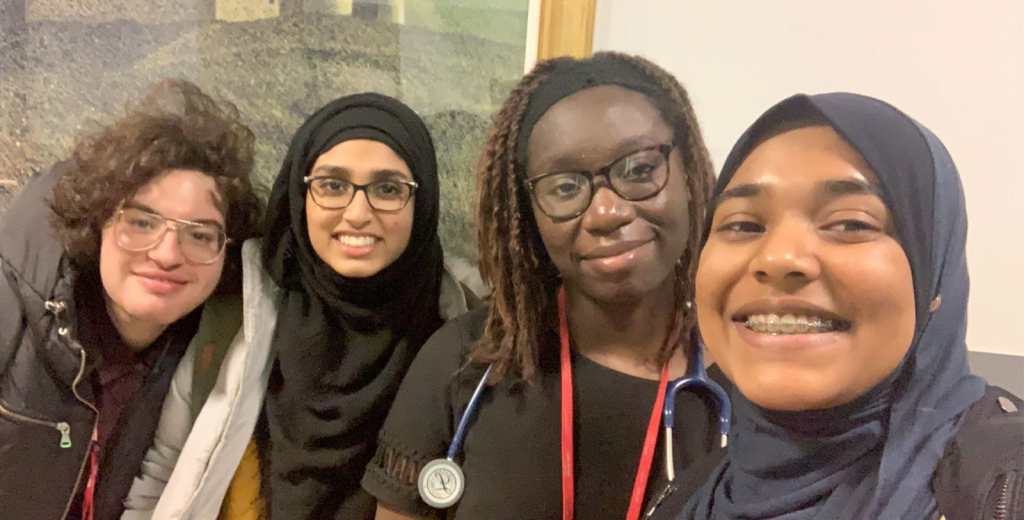It has been two weeks since I finished my first ever hospital placement or firms as we call them at Imperial. 2nd year has been going at full speed, so it was really nice to spend the last three weeks of term in hospitals seeing and talking to patients as opposed to lectures or tutorials.
I was based in the acute stroke unit in Charing Cross Hospital with three other students. Although, we had a general induction from Imperial the day before we started and a Charing-Cross-Hospital-specific induction on the first day of firms. It still felt daunting to go into the ward as we all felt that we didn’t belong there yet. This placement ended up being my best academic experience at medical school so far. Here is what made my experience as great as it was in the form three tips:
- Always introduce yourself using your full name and year of study
This is because hospital have medical and nursing students coming and going constantly. Therefore, it is important for staff to know what year you are in. This is vital as it will determine what clinical skills they expect you to confidently perform on your own. However, they may be unfamiliar with how your course works. So, if you get asked to do something which you don’t know how to do, explain that you haven’t been taught that. You can turn it into a great learning opportunity by asking them to teach you the specific task so you can do it for them. This way you can learn and help at the same time!
- Never be afraid to ask questions and create your own learning opportunities
Teaching at hospitals is fundamentally different to lectures and tutorials. You are completely independent and it is your responsibility to lead and manage your learning. You are not entirely alone as there are teaching fellows and staff to support you. The transition may be overwhelming initially but everyone gets through it. Furthermore, you get told exactly what you need to learn. In some hospitals, they may timetable teaching sessions for you while in others they may not. Regardless, you can always ask staff to teach you. Don’t get discouraged and take it personally if they say no. They may be extremely busy or they may not enjoy teaching.
- Make time for self-care
Just like you are responsible for your learning, you are responsible to find time for you to take a break and to have lunch. It is in nobody’s best interest if you starve yourself or overwork yourself. However, don’t take constant breaks or leave early everyday in the name of self-care.
It is perfectly natural to feel out-of-place and nervous in your first clinical attachment. It will take you time to adjust but you’ll get there. At the end of the day, it may be your first placement but it won’t be your last. So as long as you reflect and learn from it, you will be fine. Don’t be afraid to be independent and proactive about your learning and try to be helpful as much as you can.




